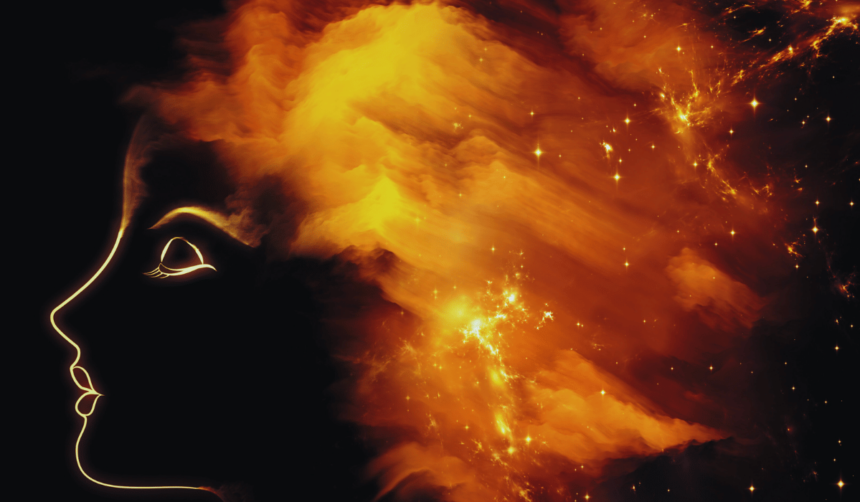Discussions around human consciousness and artificial intelligence (AI) are attracting significant interest as we strive to understand the limits and potential of technology. The question of whether AI can surpass human intelligence or even develop consciousness one day is a major point of curiosity for both scientists and the general public. This article examines the extent to which AI can mimic consciousness and intelligence. The original article can be accessed via the link: “Can Artificial Intelligence Achieve Consciousness?”
Consciousness and Artificial Intelligence: Fundamental Differences
Consciousness encompasses the entirety of human experiences: the melody stuck in our head, the sweetness of chocolate, the throbbing pain of a toothache, or the intense love for your child. Human consciousness is the result of millions of years of evolution and is far too complex to be fully explained by mere data and computational power. Even among animals, whether they possess consciousness or awareness of their existence is still debated. This complexity underscores the profound and intricate nature of consciousness.
Artificial intelligence is trained on specific datasets and generates information within that scope. For example, an AI trained on basketball data can accurately answer questions related to basketball. However, if asked about a topic outside its training data, it may fail to provide a correct response. This highlights that AI operates strictly within the boundaries of the data it has been trained on. Similarly, even if we provided AI with all the world’s data, it would not be able to develop consciousness independently of this data pool. AI is designed for specific purposes and cannot, with current knowledge and technology, develop motivation or consciousness on its own.
The Future of Artificial Intelligence: A Journey Towards Consciousness?
The idea that AI could achieve consciousness is not directly related to the volume of data or processing power it has. With more data and more powerful processors, AI can possess a broader range of information, but this does not mean it will develop consciousness. Consciousness requires a deeper understanding and experience, not merely data processing capacity.
The notion that AI could surpass human intelligence depends on its ability to produce solutions we haven’t anticipated. For instance, if we present AI with a problem and it provides a solution independently and in an unexpected manner, this might indicate intelligence. However, even such scenarios do not imply that AI has achieved true consciousness.
AI is advancing rapidly not just as software but also in the field of robotics. In the near future, we may see robots performing tasks in our homes and interacting with us. However, developing such robots to behave like humans and perform daily tasks is a complex process. Challenges include mechanical complexities, energy storage, motor placement, and ensuring these systems function flawlessly. Nonetheless, such advancements seem likely to occur in the near future.
In conclusion, for AI to reach the depths of human consciousness, it would need to transcend its current mathematical and statistical foundations. As of now, AI remains a tool that processes the data we provide. It will be interesting to see if future developments will enable AI to think and make decisions like humans. However, within the current technological boundaries, the prospect of AI developing true consciousness remains a distant possibility.
You can read the full article here: “Can Artificial Intelligence Achieve Consciousness?“










